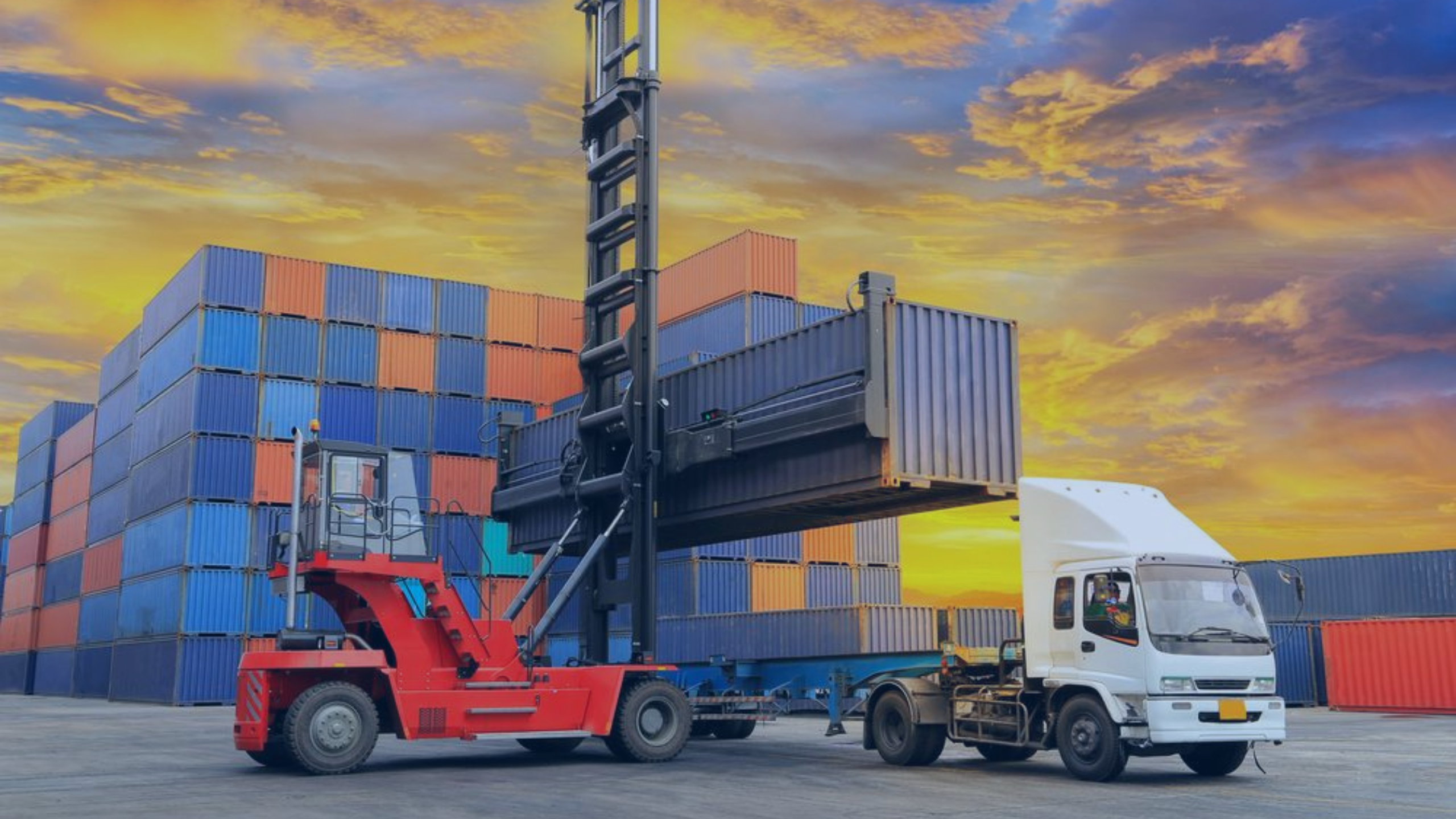Challenges of cargo insurance:
Due to the complex and interconnected nature of supply chains, as well as the multiple inherent risks in transportation, companies face constant challenges in ensuring the security of their goods in transit.
- – Inherent transportation risks: The transportation of goods involves a variety of risks, such as damage caused by accidents, unforeseen delays, extreme weather conditions, or even acts of theft. These risks can lead to significant financial losses for businesses, highlighting the need for robust insurance.
- – Complexity of supply chains: With the globalization of markets, supply chains are becoming increasingly complex. Shipments involving multiple modes of transport and crossing several borders increase the likelihood of disruptions, emphasizing the importance of comprehensive and flexible insurance solutions.
- – Evolution of risks: Risks evolve over time, whether due to new environmental threats, technological developments, or changes in business practices. Insurers must constantly adapt to remain relevant and offer adequate protection.
Beyond these traditional challenges, the rapid evolution of technology provides a new perspective on risk management in the cargo insurance domain.
The importance of digitization in transportation insurance:
Digitization emerges as an indispensable catalyst for efficiency and resilience in the cargo insurance sector. It enables:
- – Process optimisation: Digitization brings advanced tools to simplify and expedite processes related to cargo insurance. Digital platforms allow for quick underwriting, real-time adjustments, and more efficient claims processes.
- – Real-time monitoring: Technologies like the Internet of Things (IoT) enable real-time monitoring of goods during transportation. Connected sensors can detect abnormal conditions, allowing insurers to intervene quickly in case of issues.
- – Analytical data: Digitization provides increased access to analytical data. Insurers can use this information to assess risks more accurately, enabling personalized pricing and better adaptation to the specific needs of clients.
- – Blockchain of transparency: Blockchain technology can be used to create immutable records of all transactions related to cargo insurance, enhancing transparency and reducing the risk of fraud.
Rely on our expertise in cargo insurance
Whether you are a transport company looking to optimize your risk management (goods, transport units, etc.) or an insurance company seeking to improve pricing and limit fraud, ADDINN Group and its cutting-edge solutions are here to accompany you and help you stay ahead of the innovation curve in the cargo insurance sector.


